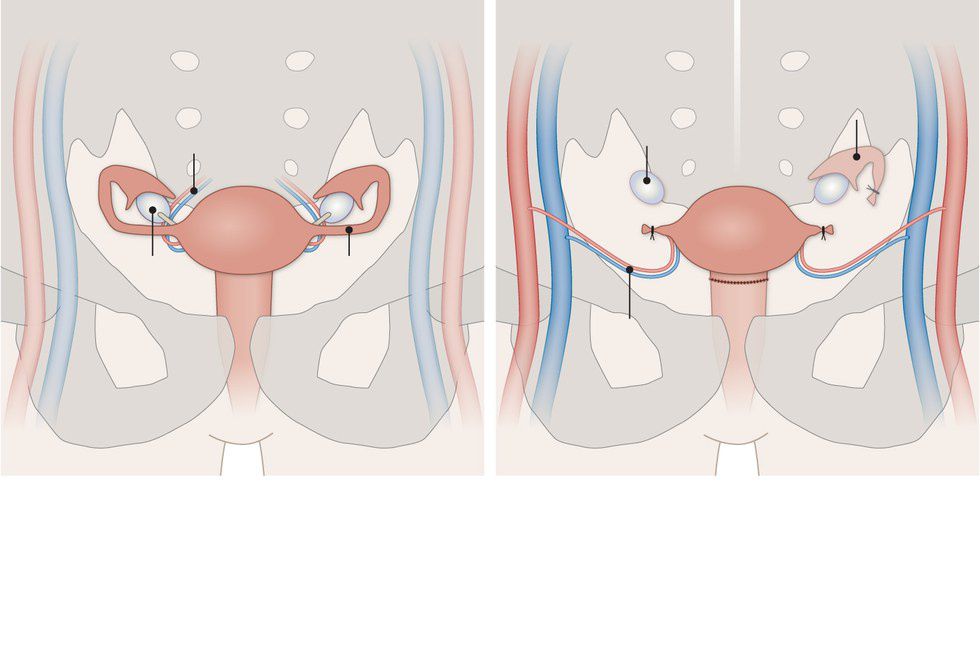Doctors at the Cleveland Clinic in Ohio have successfully completed the first uterus transplant. The procedure has been done around nine times in Sweden. The surgery was completed on Wednesday, Feb. 24 and took just nine hours to complete. The patient, a 26-year-old woman, whose identity has been withheld, is in stable condition.
The uterus is a female muscular organ that will house a fertilized egg. The uterus will provide nourishment to a growing fetus prior to birth. Without a uterus, a woman is not able to have a baby. The uterus also provides support for the bowel, bladder and pelvic bones. The procedure used a uterus from a deceased organ donor and will enable the patient to have children in the future. The patient will have to wait some time - doctors are estimating around one year - before trying to become pregnant.
This is because they want her body to fully heal and make sure she is taking the correct dose of anti-rejection medication. This medication is crucial for those who undergo an organ transplant as it makes sure that the body doesn't reject the new organ. She will be on the anti-rejection drugs for the rest of the time that the uterus is with her. The patient will still need in-vitro fertilization to become pregnant. The patient had her eggs removed prior to the surgery and they are fertilized with her husband's sperm and frozen until they are ready to have children. Of the patients who have had the procedure done in Sweden, four of them have had healthy children, although premature.

There are currently more than 40,000 women in the United States who can become eligible for this procedure. The 26-year-old woman explained, "I crave that experience. I want the morning sickness, the back aches, the feet swelling. I want to feel the baby move. That is something I’ve wanted for as long as I can remember."
This is an extremely important step for science and medicine. This will give many women the wonderful opportunity of having children, though they couldn't before. This also emphasizes the importance of donating organs to someone who needs them.




 StableDiffusion
StableDiffusion StableDiffusion
StableDiffusion StableDiffusion
StableDiffusion Photo by
Photo by  Photo by
Photo by  Photo by
Photo by 
 Photo by
Photo by  Photo by
Photo by  Photo by
Photo by  Photo by
Photo by  Photo by
Photo by 











